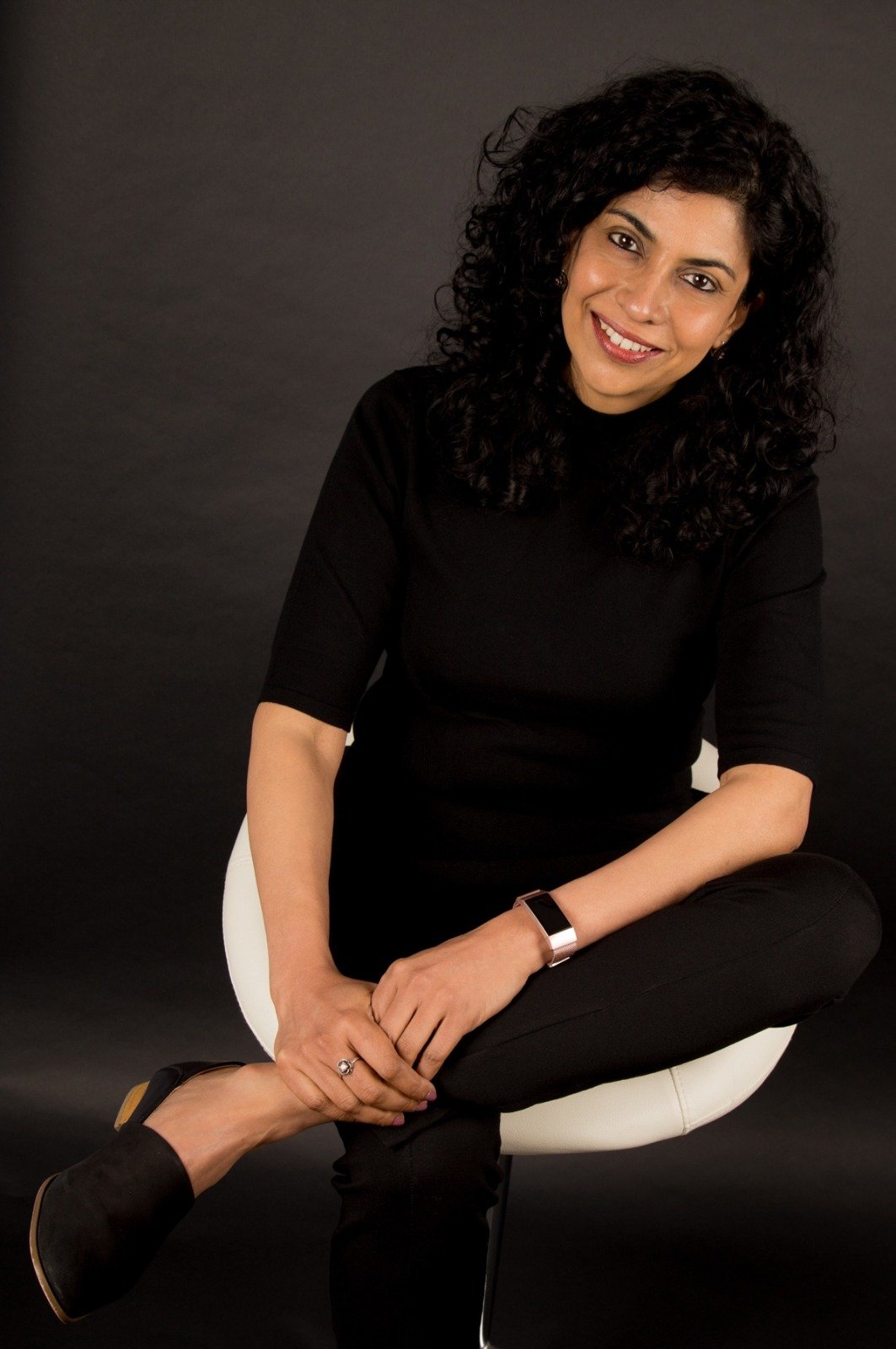
Tell us about your journey! What led you to this point?
I began my life in economics – econometrics – I received a gold medal for it and also an award for my masters, which led me into research and academia. But over the years I had a few wake-up calls in my personal life that had me thinking more deeply about the meaning of life and what brings us success, as well as joy and fulfilment. The first wake-up call was when I had cancer, more than 20 years ago. Another were the realisations that accompanied the end of a long marriage to my childhood sweetheart that evolved into emotional manipulation. Because I grew up in a Buddhist background I’d always been very interested in advanced meditation techniques and mastering the mind, but life experiences also sent me to psychology and the neurosciences in search of answers.
The more I worked on my mental and emotional well-being, and the more pastoral care I provided to 18 and 19-year-olds as a university lecturer, my research interests took a radical turn into self-development. I left academia altogether because I felt I could make a much bigger impact and difference in the world by sharing my knowledge and experience gathered over many years, than simply teaching a set curriculum.
Many people are unknowingly walking into their future without the right information about mental health, relationships and toxic patterns – this information is very valuable to young people. Today’s world is very complex with social media and people can get lost very easily. Young people need a lot more help and information about how to read their world, and this is what inspired me to create and launch the Bright Futures Blueprint. It is an emotional resilience course for 16 to 25-year-olds. It is also a holistic programme which is designed to address the root causes of anxiety, stress and overwhelm rather than relying on quick-fix coping strategies and life hacks. The earlier they begin their self-awareness journey the better the results will be.
What has been your biggest achievement?
‘Achievement’ in a very literal sense would be my PhD. Its focus was on self-development and understanding the mind and how creativity plays a huge role in well-being and mental health. But the process of the PhD became a more valuable thing for me than the letters I got behind my name. The research and putting it into practice in my own life that brought me to a level of emotional mastery I could only have dreamt of 20 years ago. Now I want to share the knowledge. It needs to be out there in the world rather than just research in a university. This is why I decided to work as a psychological and emotional resilience coach. I am passionate about youth empowerment and helping parents with long-term solutions to anxiety and stress.
What’s the biggest result you help your clients to achieve?
After working with me, they have been able to understand themselves deeper and come up with better solutions to their problems. The Bright Futures Blueprint is designed to help young people feel more emotionally capable. It encourages them to think outside the box and become more centred in their own lives. Being more at peace, with the confidence and strength they need to face difficult challenges are qualities they developed within themselves as they moved through each module of the programme.
What would be your biggest piece of advice for readers who want to achieve the same?
Don’t rely on hacks and short-term strategies for your mental well-being. As a society, we have become too focused on quick fixes and have failed to develop emotional resilience; a fundamental life skill that will impact all other areas of life. We need to address the root of the problem which is causing anxiety and stress. There are many layers of fear that need to be uncovered and released. It’s like peeling an onion! We also need to address the inability to tolerate uncertainty and life challenges. Until we do that, the same problems will keep coming up. We need to learn to master our minds if we are to be more masterful with all the decisions we take.
What are the biggest mistakes you see people make and how can they be avoided?
At the moment, most people ignore their mental well-being until it’s creating havoc in one or more areas of their lives. Or they get caught up in difficult relationship patterns, and they realise fairly late that to get their lives back on track, they need to understand why. Often this is because people are simply unaware of what the early warning signs are. We don’t get taught emotional life skills in school. If we are serious about uplevelling our mental well-being, we also need to take a more holistic approach and make prevention the priority. So many young people lose themselves before they start their true adult lives as they are disconnected from their authentic selves and try to get validation from outside. Hidden personal insecurities are often why young people make bad choices or have high levels of anxiety and stress. Instead, the focus should be on self-care and increasing self-worth. Self-awareness is key. This is a fundamental part of developing emotional resilience and self-empowerment.

